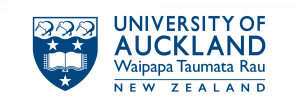Plenary Speakers
Please see below our confirmed plenary speakers for POLY-CHAR [Auckland] 2023
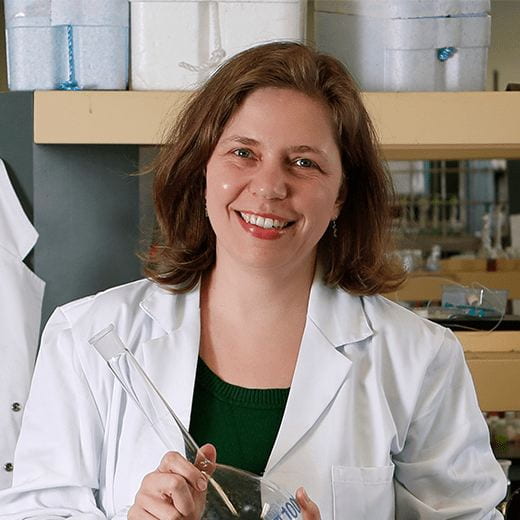
Prof. Martina Stenzel
University of New South Wales, Australia
Martina Stenzel studied chemistry at the University of Bayreuth, Germany, before completing her PhD in 1999 at the Institute of Applied Macromolecular Chemistry, University of Stuttgart, Germany. She started as a postdoctoral fellow at UNSW in 1999 and is now a full Professor in the school of chemistry as well as co-director of the Centre for Advanced Macromolecular Design (CAMD).
Her research interest is focused on the synthesis of functional nanoparticles for drug delivery applications. Martina Stenzel published more than 300 peer reviewed papers mainly on polymer and nanoparticle design.
She is scientific editor of Materials Horizons and serves currently on a range of editorial boards. She received a range of awards including the 2011 Le Fèvre Memorial Prize of the Australian Academy of Science. Martina Stenzel is currently chairing the National Chemistry Committee of the Australian Academy of Science and she is also a Fellow of the Academy.
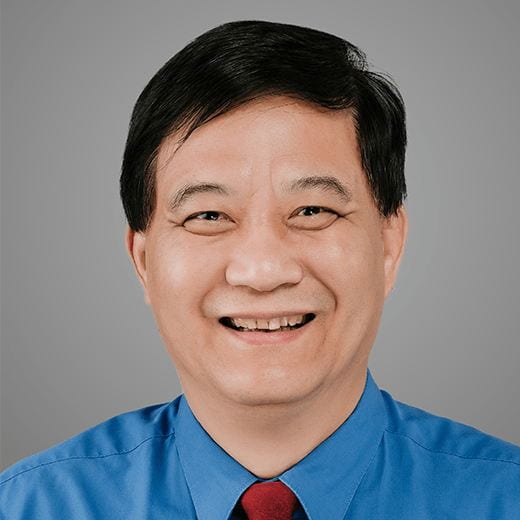
Prof. Ben Zhong Tang
Center for Aggregation-Induced Emission, State Key Laboratory of Luminescent Materials and Devices, South China University of Technology, Guangzhou, China.
Hong Kong Branch of Chinese National Engineering Research Center for Tissue Restoration and Reconstruction and Department of Chemistry, The Hong Kong University of Science and Technology, Hong Kong, China.
Ben Zhong Tang is Stephen K. C. Cheong Professor of Science, Chair Professor of Chemistry, and Chair Professor of Chemical and Biological Engineering at The Hong Kong University of Science and Technology (HKUST). Tang received B.S. and Ph.D. degrees from South China University of Technology and Kyoto University, respectively. He conducted postdoctoral research at University of Toronto. He joined HKUST as an assistant professor in 1994 and was promoted to chair professor in 2008. Tang has published >1,400 papers.
Prof. Tang’s publications have been cited >97,000 times with an h-index of 144. He has been listed by Thomson Reuters as a Highly Cited Researcher in both areas of Chemistry and Materials Science. He received the State Natural Science Award (1st Class; 2017) from Chinese Government, Scientific and Technological Progress Award from the Ho Leung Ho Lee Foundation (2017) and Senior Research Fellowship from the Croucher Foundation (2007). He is now serving as Editor-in-Chief of Materials Chemistry Frontiers (RSC & CCS).
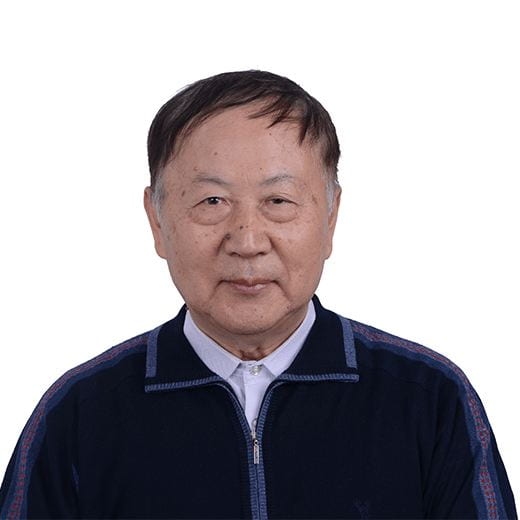
Prof. Yongfang Li
Professor in Institute of Chemistry, Chinese Academy of Sciences (ICCAS) and in Soochow University
Yongfang Li is a professor in Institute of Chemistry, Chinese Academy of Sciences (ICCAS) and in Soochow University. He received his Ph. D. degree in department of Chemistry from Fudan University in 1986, then did his postdoctoral research at ICCAS from 1986 to 1988. He became a staff in 1988 and promoted to professor in 1993 in ICCAS. He did his visiting research in Institute for Molecular Science, Japan from 1988.10. to 1991.4. and in University of California at Santa Barbara from 1997.6. to 1998.6. He was invited to be a professor in Soochow University in 2012, and was elected as a member of Chinese Academy of Sciences in 2013.
Prof. Li’s present research field is photovoltaic materials and devices for polymer solar cells. He has published more than 700 research papers and the published papers have been cited by others for more than 44000 times with an h-index of 105.
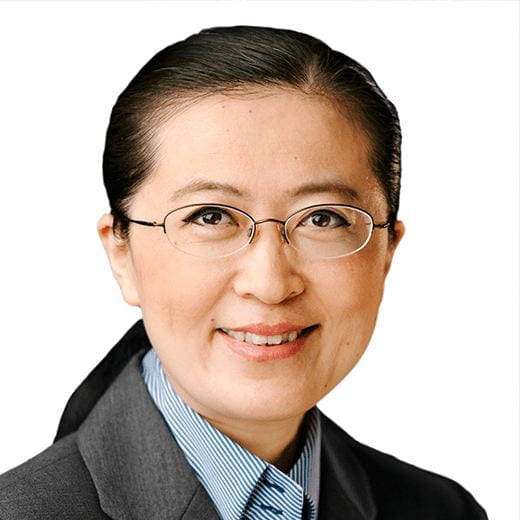
Prof. Liu Bin
National University of Singapore
Professor Liu Bin, Provost’s Chair, was appointed Vice President (Research and Technology) at the National University of Singapore (NUS) on 1 September 2019. She has been the Head of the Department of Chemical and Biomolecular Engineering since July 2017.
Liu Bin graduated with a bachelor’s and master’s degree from Nanjing University, and PhD in Chemistry from NUS. She had postdoctoral training at the University of California at Santa Barbara. She joined NUS as an Assistant Professor in 2005, and was promoted to full Professorship in 2016.
Liu Bin is a leader in the field of organic functional materials, who has been well-recognised for her contributions in polymer chemistry and applications of organic nanomaterials for biomedical research, environmental monitoring and energy devices. She is named among the World’s Most Influential Minds and the Top 1% Highly Cited Researchers in Materials Science by Thomson Reuters and Clarivate Analytics. She is a prolific researcher with over 350 publications and holds 30 patents with 16 of them licensed to different companies in US, UK and Asia. In 2014, she co-founded Luminicell, an NUS spin-off company that produces organic luminescent nanoparticles for use in medical and biological applications.
Liu Bin has an impressive list of accolades to her name, including the National Science and Technology Young Scientist Award 2008, L’Oréal Women in Science National Fellowship in 2011 and the 2016 President’s Technology Award. Most recently, she was awarded the prestigious 2019 American Chemical Society ACS Nano Lectureship Award, which honors three award recipients from around the world who have significantly impacted the fields of nanoscience and nanotechnology.
Liu Bin is a Fellow of the Singapore Academy of Engineering, Asia Pacific Academy of Materials, and Royal Society of Chemistry. She serves on the editorial advisory boards of more than a dozen top peer-reviewed chemistry and materials journals. Since 2019, she serves as the Deputy Editor to launch and develop ACS Materials Letters, a flagship materials journal of the American Chemical Society. She is passionate about nurturing the next generation research leaders and encouraging more women to pursue careers in science and engineering.
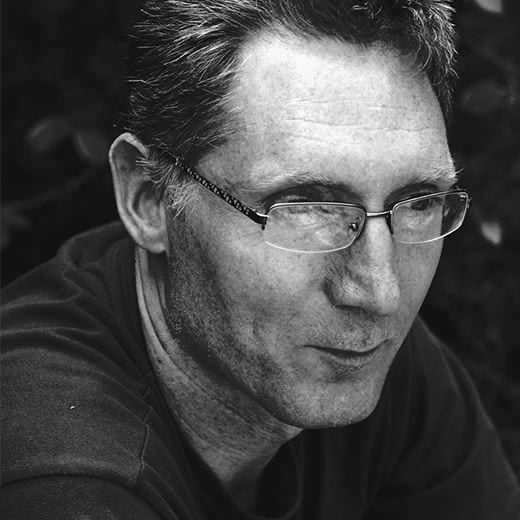
Prof. Vincent Craig
Department of Applied Mathematics at the Australian National University
Prof. Vincent Craig leads the colloids group in the Department of Applied Mathematics at the Australian National University. He completed both his B.Sc. (Honours in Chemistry in 1992) and Ph.D. degrees (jointly in Applied Maths and Chemistry in 1997) at the ANU before postdoctoral positions at UC Davis, California and the University of Newcastle, NSW.
He was awarded an ARC Postdoctoral fellowship in 1998, an ARC Research Fellowship in 2001 and an ARC Future Fellowship in 2009. His research contributions are in a number of areas including surface force measurement where he has extended the range of materials that can be studied and has made significant contributions to our understanding of the influence of roughness, our understanding of the forces between hydrophobic surfaces and boundary slip. In the field of surfactant adsorption he has revealed that the kinetics of surfactant adsorption can be very slow when aggregates are present on the surface but not in bulk. In his studies on electrolytes he has described and codified the effect of ions on bubble coalescence and demonstrated the existence of the fundamental ion specific series that apply across all solvents and is now applying this understanding to polyelectrolytes.
POLY-CHAR Auckland 2023 Key Dates
- 5 May 2022 - Call for Abstracts OPEN
- 18 July 2022 - Registrations OPEN
- 19 September 2022 - Call for Abstracts CLOSE
- 19 September 2022 - Call for Abstracts reviewed
- 4 October 2022 - Authors notified
- 9 October 2022 - Accepted authors MUST register
- 15 October 2022 - Draft programme online
- 14 January 2023 - Final programme and downloadable conference handbook online
- 22 January 2023 - Pre-Conference Workshops and Registration
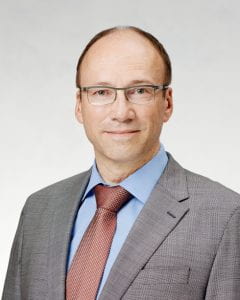
Prof. Dr. rer. nat. Volker Abetz
Director of the Institute of Membrane Research at Helmholtz-Zentrum Hereon
Confirmed
Click here for more information.

Prof. Ben Zhong Tang
Center for Aggregation-Induced Emission, State Key Laboratory of Luminescent Materials and Devices, South China University of Technology, Guangzhou, China.
Confirmed
Click here for more information

Prof. Yongfang Li
Professor of Institute of Chemistry, Chinese Academy of Sciences (ICCAS) and in Soochow
Confirmed
Click here for more information.

Prof. Liu Bin
National University of Singapore
Confirmed
Click here for more information.

Prof. Vincent Craig
Department of Applied Mathematics at the Australian National University
Confirmed
Click here for more information.
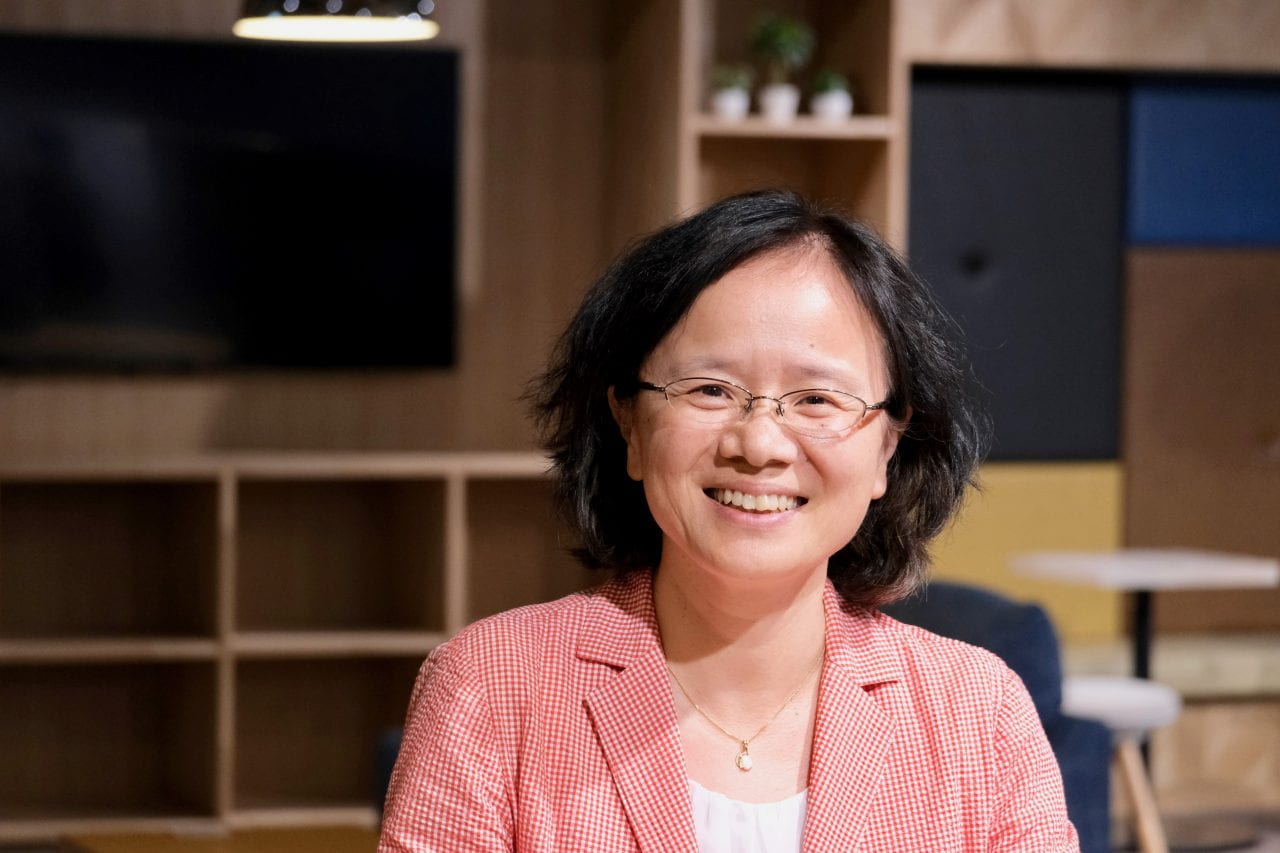
Dr. Jian Ping GONG
Hokkaido University, Japan
Confirmed
Click here for more information.

Prof. Martina Stenzel
University of New South Wales, Australia
Confirmed
Click here for more information.
POLY-CHAR Auckland 2023 Key Dates
- 5 May 2022 - Call for Abstracts OPEN
- 18 July 2022 - Registrations OPEN
- 19 September 2022 - Call for Abstracts CLOSE
- 19 September 2022 - Call for Abstracts reviewed
- 4 October 2022 - Authors notified
- 9 October 2022 - Accepted authors MUST register
- 15 October 2022 - Draft programme online
- 14 January 2023 - Final programme and downloadable conference handbook online
- 22 January 2023 - Pre-Conference Workshops and Registration

Dr. Jian Ping GONG
Distinguished Professor, Faculty of Advanced Life Science, Laboratory of Soft & Wet Matter at Hokkaido University
Jian Ping Gong obtained her bachelor’s degree in electronic physics from Zhejiang University, China, and received her Master’s degree in polymer science from Ibaraki University, Japan. She studied high Tc superconductors at the Tokyo Institute of Technology for two years where she earned her Doctor of Engineering. She has been working on polymer science since 1993 at Hokkaido University, and received her Doctorate of Science in polymer sciences. She has received various scientific awards, including the Chemical Society of Japan (CSJ) Award in 2022, the MEXT Commendation for Science and Technology in 2019, the DSM Materials Sciences Award 2014, and The Award of the Society of Polymer Science, Japan in 2006. She also serves on the editorial and advisory boards of the Biointerphases, Asia Materials, Soft Matter, Mechanics of Soft Materials, Advanced Materials, and Materials Horizons. She served as Director of Global Station for Soft Matter, GI-Core from April, 2016 until March, 2019. She has been serving as PI for WPI-ICReDD since October, 2018 and International Advisory Board for DoDyNet since 2019. She focuses on the study of physical and biological properties of soft and wet matters.
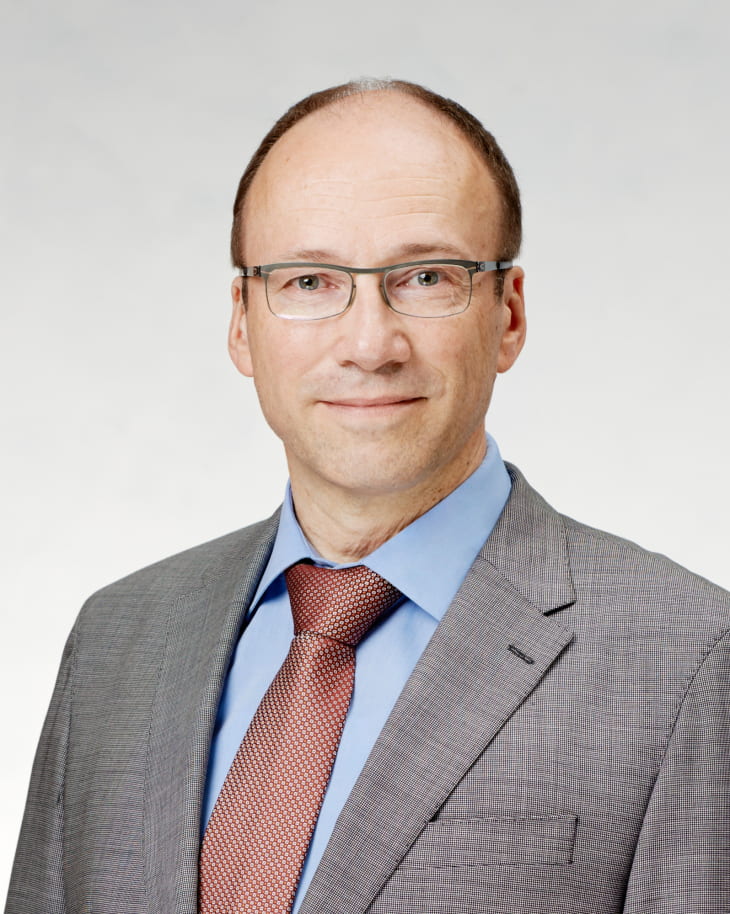
Dr. rer. nat. Volker Abetz
Director of the Institute of Membrane Research at Helmholtz-Zentrum Hereon
Prof. Abetz is Director of the Institute of Membrane Research at Helmholtz-Zentrum Hereon and head of a working group in Physical Chemistry at University of Hamburg. On the following pages you can find information about his scientific career and his publications.

Prof. Martina Stenzel
University of New South Wales, Australia
Martina Stenzel studied chemistry at the University of Bayreuth, Germany, before completing her PhD in 1999 at the Institute of Applied Macromolecular Chemistry, University of Stuttgart, Germany. She started as a postdoctoral fellow at UNSW in 1999 and is now a full Professor in the school of chemistry as well as co-director of the Centre for Advanced Macromolecular Design (CAMD).
Her research interest is focused on the synthesis of functional nanoparticles for drug delivery applications. Martina Stenzel published more than 300 peer reviewed papers mainly on polymer and nanoparticle design.
She is scientific editor of Materials Horizons and serves currently on a range of editorial boards. She received a range of awards including the 2011 Le Fèvre Memorial Prize of the Australian Academy of Science. Martina Stenzel is currently chairing the National Chemistry Committee of the Australian Academy of Science and she is also a Fellow of the Academy.

Prof. Ben Zhong Tang
Center for Aggregation-Induced Emission, State Key Laboratory of Luminescent Materials and Devices, South China University of Technology, Guangzhou, China.
Hong Kong Branch of Chinese National Engineering Research Center for Tissue Restoration and Reconstruction and Department of Chemistry, The Hong Kong University of Science and Technology, Hong Kong, China.
Ben Zhong Tang is Stephen K. C. Cheong Professor of Science, Chair Professor of Chemistry, and Chair Professor of Chemical and Biological Engineering at The Hong Kong University of Science and Technology (HKUST). Tang received B.S. and Ph.D. degrees from South China University of Technology and Kyoto University, respectively. He conducted postdoctoral research at University of Toronto. He joined HKUST as an assistant professor in 1994 and was promoted to chair professor in 2008. Tang has published >1,400 papers.
Prof. Tang’s publications have been cited >97,000 times with an h-index of 144. He has been listed by Thomson Reuters as a Highly Cited Researcher in both areas of Chemistry and Materials Science. He received the State Natural Science Award (1st Class; 2017) from Chinese Government, Scientific and Technological Progress Award from the Ho Leung Ho Lee Foundation (2017) and Senior Research Fellowship from the Croucher Foundation (2007). He is now serving as Editor-in-Chief of Materials Chemistry Frontiers (RSC & CCS).

Prof. Yongfang Li
professor in Institute of Chemistry, Chinese Academy of Sciences (ICCAS) and in Soochow
Yongfang Li is a professor in Institute of Chemistry, Chinese Academy of Sciences (ICCAS) and in Soochow University. He received his Ph. D. degree in department of Chemistry from Fudan University in 1986, then did his postdoctoral research at ICCAS from 1986 to 1988. He became a staff in 1988 and promoted to professor in 1993 in ICCAS. He did his visiting research in Institute for Molecular Science, Japan from 1988.10. to 1991.4. and in University of California at Santa Barbara from 1997.6. to 1998.6. He was invited to be a professor in Soochow University in 2012, and was elected as a member of Chinese Academy of Sciences in 2013.
Prof. Li’s present research field is photovoltaic materials and devices for polymer solar cells. He has published more than 700 research papers and the published papers have been cited by others for more than 44000 times with an h-index of 105.

Prof. Liu Bin
National University of Singapore
Professor Liu Bin, Provost’s Chair, was appointed Vice President (Research and Technology) at the National University of Singapore (NUS) on 1 September 2019. She has been the Head of the Department of Chemical and Biomolecular Engineering since July 2017.
Liu Bin graduated with a bachelor’s and master’s degree from Nanjing University, and PhD in Chemistry from NUS. She had postdoctoral training at the University of California at Santa Barbara. She joined NUS as an Assistant Professor in 2005, and was promoted to full Professorship in 2016.
Liu Bin is a leader in the field of organic functional materials, who has been well-recognised for her contributions in polymer chemistry and applications of organic nanomaterials for biomedical research, environmental monitoring and energy devices. She is named among the World’s Most Influential Minds and the Top 1% Highly Cited Researchers in Materials Science by Thomson Reuters and Clarivate Analytics. She is a prolific researcher with over 350 publications and holds 30 patents with 16 of them licensed to different companies in US, UK and Asia. In 2014, she co-founded Luminicell, an NUS spin-off company that produces organic luminescent nanoparticles for use in medical and biological applications.
Liu Bin has an impressive list of accolades to her name, including the National Science and Technology Young Scientist Award 2008, L’Oréal Women in Science National Fellowship in 2011 and the 2016 President’s Technology Award. Most recently, she was awarded the prestigious 2019 American Chemical Society ACS Nano Lectureship Award, which honors three award recipients from around the world who have significantly impacted the fields of nanoscience and nanotechnology.
Liu Bin is a Fellow of the Singapore Academy of Engineering, Asia Pacific Academy of Materials, and Royal Society of Chemistry. She serves on the editorial advisory boards of more than a dozen top peer-reviewed chemistry and materials journals. Since 2019, she serves as the Deputy Editor to launch and develop ACS Materials Letters, a flagship materials journal of the American Chemical Society. She is passionate about nurturing the next generation research leaders and encouraging more women to pursue careers in science and engineering.

Prof. Vincent Craig
Department of Applied Mathematics at the Australian National University
Prof. Vincent Craig leads the colloids group in the Department of Applied Mathematics at the Australian National University. He completed both his B.Sc. (Honours in Chemistry in 1992) and Ph.D. degrees (jointly in Applied Maths and Chemistry in 1997) at the ANU before postdoctoral positions at UC Davis, California and the University of Newcastle, NSW.
He was awarded an ARC Postdoctoral fellowship in 1998, an ARC Research Fellowship in 2001 and an ARC Future Fellowship in 2009. His research contributions are in a number of areas including surface force measurement where he has extended the range of materials that can be studied and has made significant contributions to our understanding of the influence of roughness, our understanding of the forces between hydrophobic surfaces and boundary slip. In the field of surfactant adsorption he has revealed that the kinetics of surfactant adsorption can be very slow when aggregates are present on the surface but not in bulk. In his studies on electrolytes he has described and codified the effect of ions on bubble coalescence and demonstrated the existence of the fundamental ion specific series that apply across all solvents and is now applying this understanding to polyelectrolytes.
Our Sponsors
|
Platinum Sponsor |
 |
| Workshop Sponsor |  |
| Exhibitor |  |
| Supporters |
|



